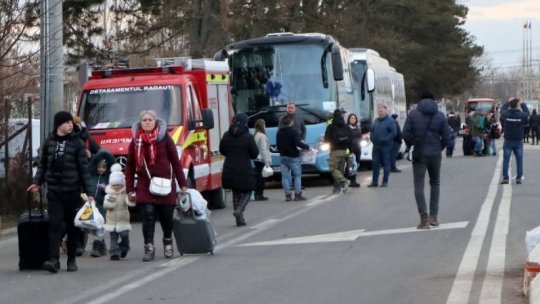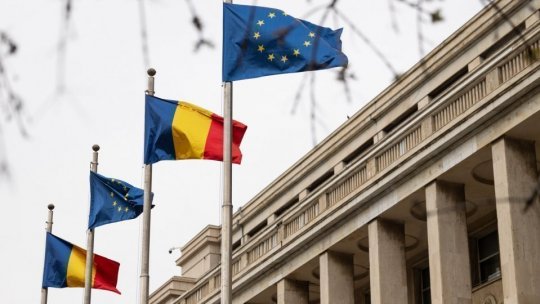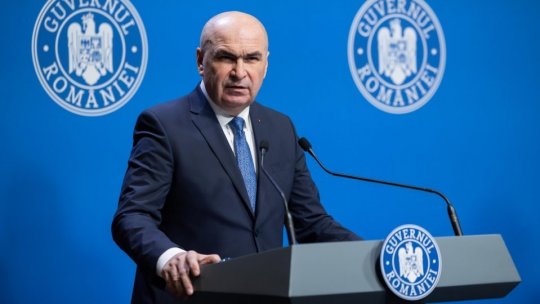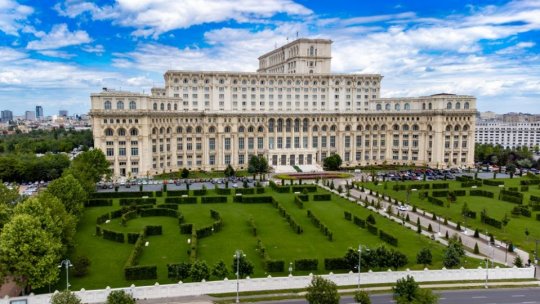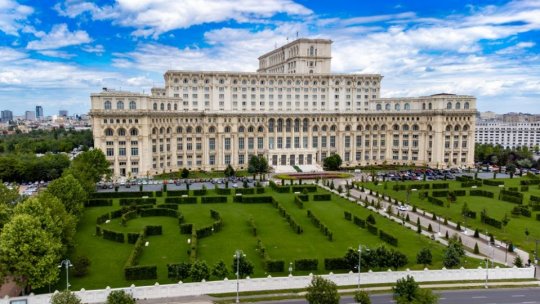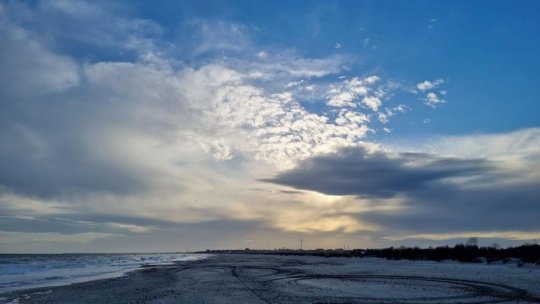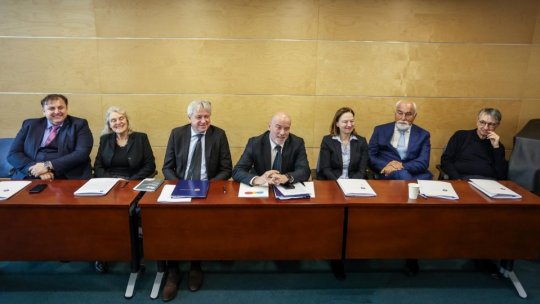The German Chancellor in Romania
Angela Merkel’s visit comes as a confirmation of Berlin’s wish to continue the positive bilateral diplomatic relations, on an economic and political level.
12 Octombrie 2010, 17:46
Angela Merkel’s visit comes as a confirmation of Berlin’s wish to continue the positive bilateral diplomatic relations, on an economic and political level.
The talks she had with Romanian Prime Minister Emil Boc focused on Romania’s accession to the Schengen area, corruption, economic stability and the absorption of EU funds.
Angel Merkel told a press conference that Romania’s accession to the Schengen area, set for March 2011 was to be decided by the European Union, according to objective criteria the Union separately applies to Romania and Bulgaria, the second candidate country to the Schengen area.
Ms Merkel said she was aware of the tremendous efforts the authorities in Bucharest have made to overcome the ongoing economic crisis, and voiced her hope the Romanian government will implement the required measures.
The German Chancellor also underscored the need for the reforms in the Romanian justice system to be continued and carefully monitored, also through the mechanisms implemented by the European Union, with the reduction of corruption as its final target.
At a regional level, Germany and Romania are jointly pursuing the settlement of the Transniester conflict, Angela Merkel also said, adding that both countries had a close EU cooperation on that topic.
The ties between Romania and Germany can also be strengthened by the Romanian state supporting the rights and aspirations of the German minority in Romania.
In this respect, Romanian Prime minister Emil Boc confirmed Bucharest’s wish to enhance intergovernmental cooperation, with a view to preserving the German cultural heritage in Romania.
At the aforementioned press conference, Emil Boc highlighted Romania’s interest in an increased German investment volume in this country. With the two-way trade volume standing at 7.8 billion Euros, by 19 per cent more than in 2009, Germany is Romania’s foremost foreign partner.
Angela Merkel came to Bucharest with no business delegation to accompany her, as is customary in such circumstances.
That cannot be regarded as a sign of the German investors’ interest in Romania being on the wane.
On the eve of Angela Merkel’s visit to Romania, newspapers wrote that for the first time in Romania Germany would make a big investment in the car making sector, and that would generate new jobs.
The Romanian Prime Minister voiced his hope that Germany will further invest in this country; Emil Boc also hailed Berlin’s decision to liberalise, the German labour market for season workers coming from Romania as of January the 1st 2011.

